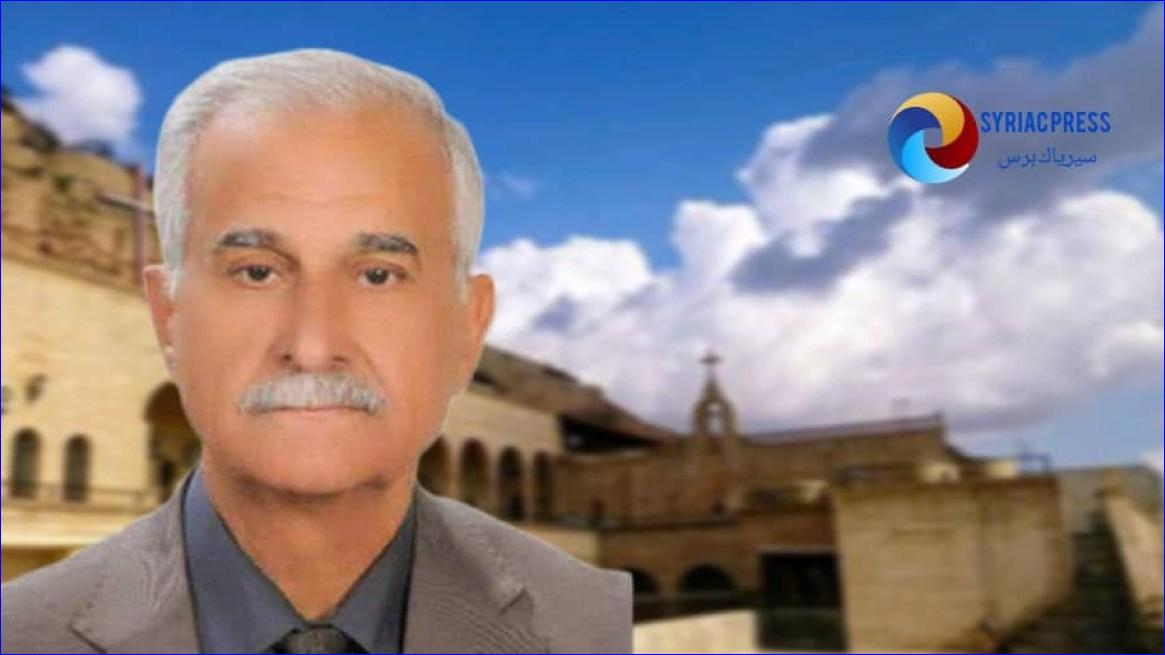


Security Situation
Since the liberation of the area from the Islamic State (ISIS) in 2017, Nineveh Plains has continued to experience a fragile security environment. The security scene is fragmented among multiple forces with differing loyalties and affiliations: the Iraqi Army, the Popular Mobilization Forces (PMF), local police, and the Nineveh Plain Protection Units (NPU), alongside a notable Kurdish presence in some northern areas.
This multiplicity of security actors has led to overlapping jurisdictions and a lack of full coordination, making the region vulnerable to recurring tensions, divisions, security breaches, and administrative shifts. Recently, for example, the 13th Regiment was detached from the 50th Brigade and reassigned to the 74th Brigade of the PMF under the Nineveh Operations Command. We had expected the control points to be handed over to the local police.
Moreover, the fragile economy, lack of basic services, and ongoing neglect of reconstruction efforts have deepened citizens' feelings of instability and mistrust toward the authorities. This situation has driven some families to emigrate or refrain from returning to their original homes in the region.
Political Situation
Politically, Nineveh Plains is witnessing a state of fragmentation and division, marked by competition among various ruling parties seeking dominance and control -- not for the sake of development or progress, but rather through the influence of powerful agendas within Christian, Shabak, Kurdish, or Arab political groups. Each side strives to expand its sphere of influence or to link the area to its broader political project, whether aligned with Baghdad or Erbil.
This fragmentation and division have directly affected parliamentary, administrative, and security representation. Local forces have been unable to form a unified stance on critical issues such as self-administration or autonomy for Nineveh Plains. Meanwhile, ongoing competition for positions and resources among influential and power-holding factions has further eroded the collective stance of our Chaldean, Syriac, and Assyrian people -- weakening our political voice in both Baghdad and Erbil alike.
Future Challenges
The greatest challenge facing Nineveh Plains today is achieving sustainable security through the unification of the region's administrative and security management, away from partisan and regional conflicts. The people of Nineveh Plains also need economic and service-oriented support to ensure the return of displaced families, the stability of those who have returned, and the empowerment of local residents to manage their own affairs within a stable national framework.
Equally important is ensuring fair and independent political representation for the people of the region. This requires restoring the legitimacy of candidates for quota seats, which has been undermined by external parties that have interfered, seized control, and boasted of their dominance. Establishing genuine representation has become an urgent necessity to prevent the issues of Nineveh Plains from remaining hostage to the interests of powerful political blocs.
In conclusion, Nineveh Plains remains a symbol of Iraq's national diversity and peaceful coexistence. However, it is in urgent need of a genuine national will that prioritizes the welfare of its citizens, along with wise and responsible governance that can restore security and dignity to its people -- far from political polarization and narrow interests. The stability of Nineveh Plains is, ultimately, the key to the stability of northern Iraq.

or register to post a comment.